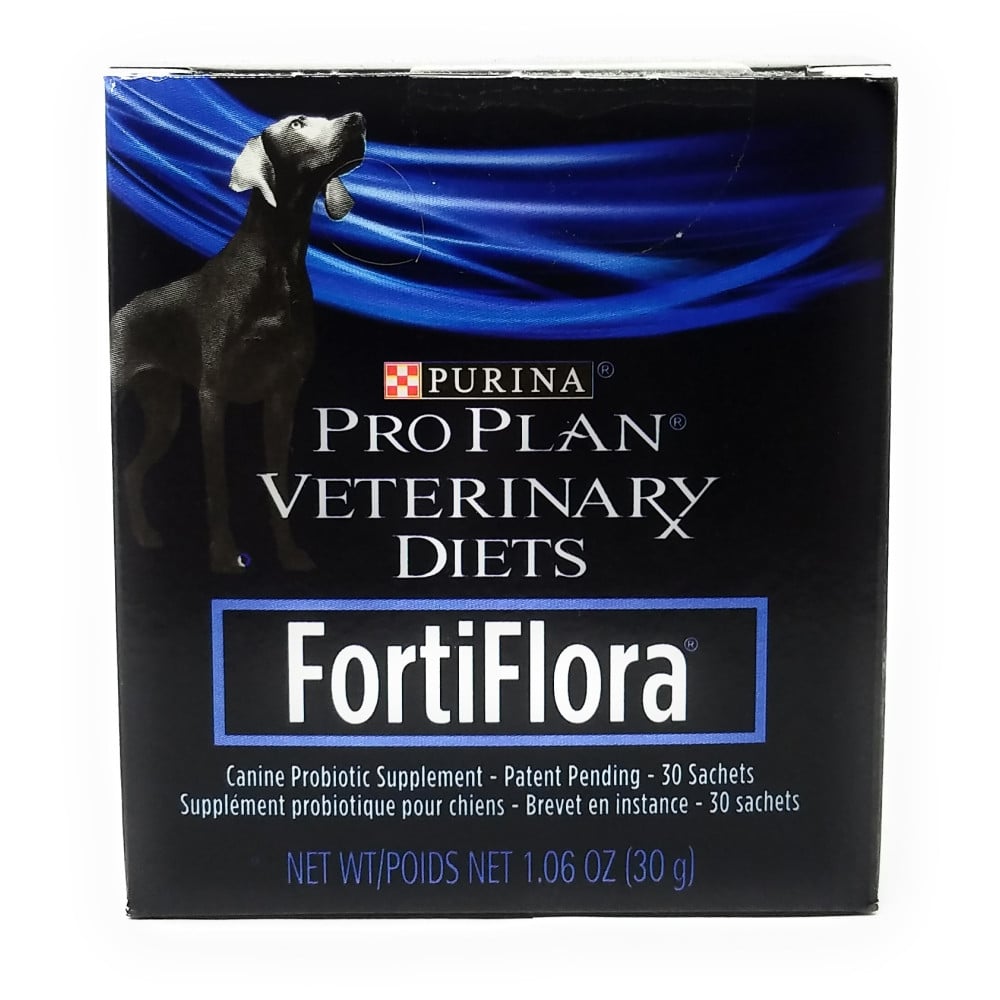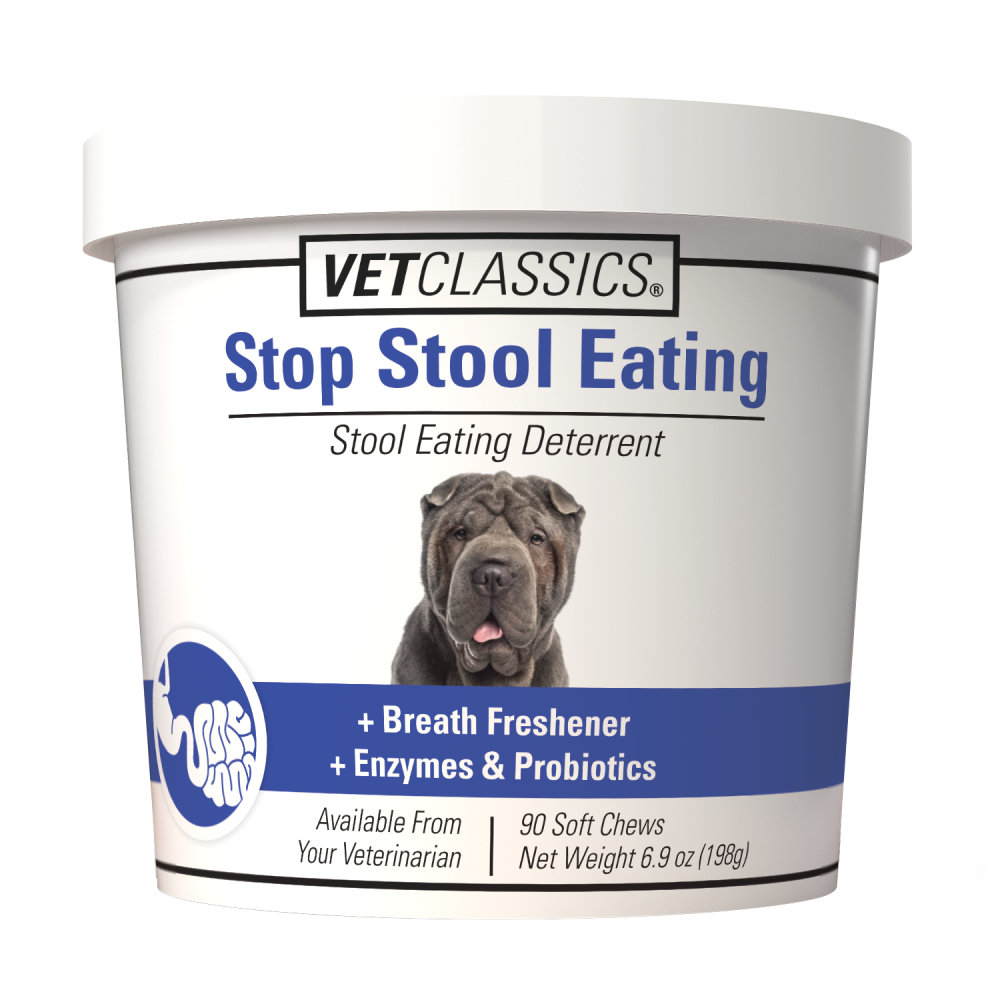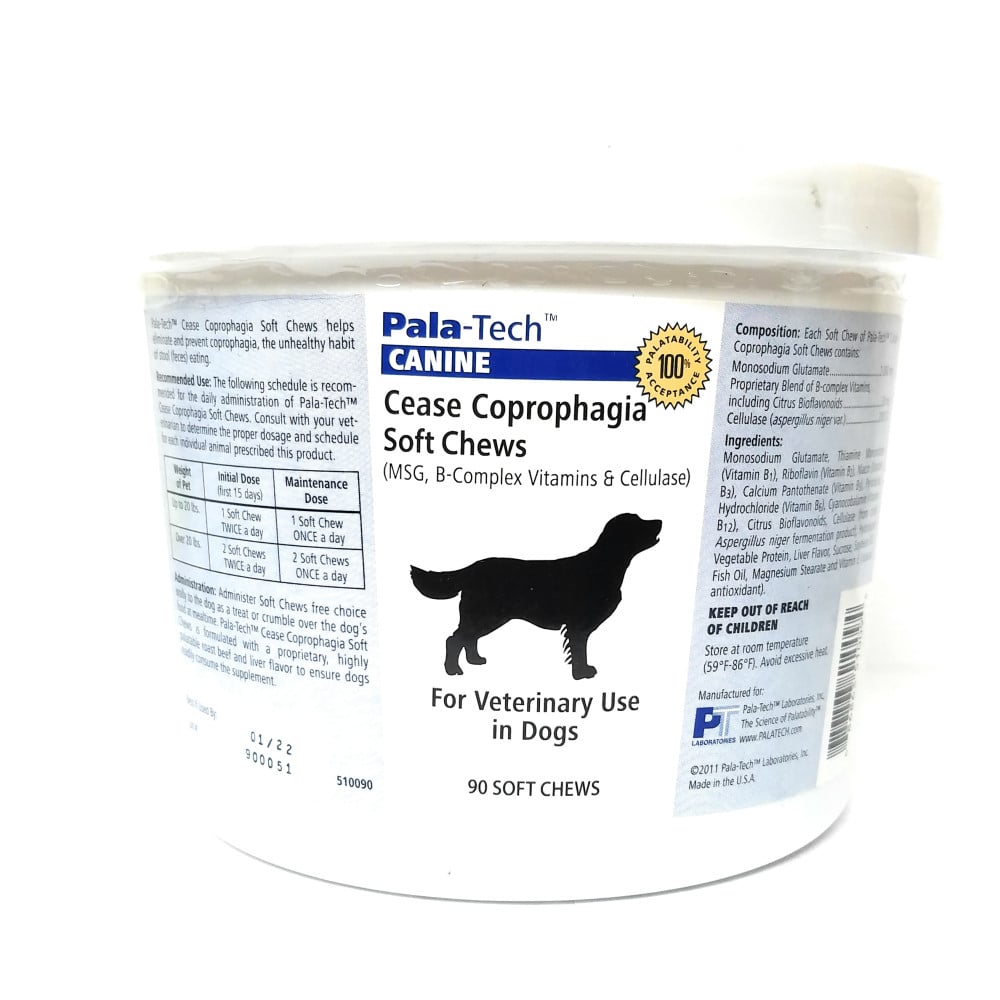Coccidia & Giardia
A friend called us with a strange situation. His pup was lethargic, vomiting and had diarrhea - she was very weak, but being a good Malamute, tried to look "normal" at the vet's office. Therefore, his vet did not realize the seriousness of the situation. His vet put the pup on diuretics and an antibiotic. Do you see what I see here? A dehydrating puppy put on diuretics? It didn't sound right and we suggested they get a second opinion. Surprise! The pup had coccidia and the diuretics were dehydrating her further. On the proper medication, she made a full and fast recovery - had they continued the diuretic she may have died.
So what is coccidia?
Tiny parasites that are easily transmittable to your dog, but also avoidable if you're armed with the right information. Coccidia are tiny parasites that can cause a disease called coccidiosis in puppies or in sick or stressed-out dogs. Dogs can carry the parasite without showing symptoms. Symptoms most often appear when some other issue compromises the immune system If your dog has diarrhea the cause could be coccidia, a potentially dangerous parasite. The primary symptom of coccidiosis is watery stool with mucus or blood, especially in puppies or in already weakened adult dogs. Dogs can die from severe cases of coccidiosis, though many recover with treatment.
There are many different kinds of coccidia that live in many different animals, including humans, but most coccidia are host-specific. In other words coccidia that can live in dogs cannot usually live anywhere else. There are some exceptions.
Humans can catch Cryptosporidium, an incurable form of coccidia, from either dogs or cats. Whether cats can catch any forms of coccidia from dogs is unclear. However, cats are likely to spread forms of coccidia to both dogs and humans. Toxoplasma is the most common example.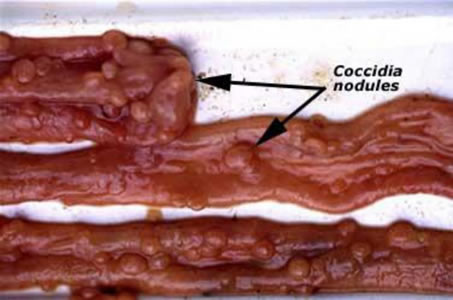
How does a dog get coccidia?
Dogs, like humans, can catch coccidia from contact with dog or cat feces, contaminated soil, or contaminated food. Coccidia are microscopic parasites known as protozoa. These develop in the intestinal tract of dogs, and produce oocysts that pass in the poop where they take several days to develop ('sporulate'). This is why a dog can be infected, have diarrhea, but it may not show up on a fecal test. The oocysts are not being shed at that point in time - but they will and infect other dogs. The disease itself can lie dormant for years in the dog in nodules, and only appear when the dog is under stress.
Some forms of coccidia are carried by rodents, and dogs can get sick by eating them.
Contact with feces need not be direct, since the spores are microscopic, almost impossible to kill, and easy to track all over the place. It can live in your soil for years, particularly soil that has been contaminated by birds or fowl.
Puppies frequently get coccidia from their mothers, via direct or indirect contact with infected feces. Seemingly healthy puppies often come down with coccidiosis right after they go home with new humans; these puppies were already infected but just didn’t show symptoms until the stress of moving made them sick. Stress, as from moving, travel and weather changes, and being in an environment with other infected animals are the most common causes of this parasitic infection to develop. The coccidiosis infection is of particular danger for young dogs, since their immune systems are still underdeveloped and they dehydrate quickly.
So how do I prevent coccidia?
Your dog actually probably has at least one form of coccidia already. Most dogs do, and most show no symptoms. You can give coccidia-free dogs a better chance of staying that way by keeping them away from dog and cat feces, rodents, and potentially contaminated water. Coccidia eggs need at least several hours to sporulate and become infectious, so if you clean up dog and cat feces quickly, you dramatically reduce the likelihood of infection. Yet another excellent reason to be responsible about cleaning up after your dog! Once spores form, they are almost impossible to kill. There is little relationship between the number of coccidial oocysts present in the fecal sample, and the occurrence and severity of symptoms. Large numbers (100,000 oocysts/gram faeces) of oocysts may be found in unaffected animals, and alternatively, disease may occur in animals with few oocysts in the feces..
If your pup is pregnant, get her tested for coccidia before she gives birth so you can protect her puppies. If you have multiple dogs, it’s also a good idea to test newcomers to the group, especially if the new dog comes from a shelter or some other location with a large number of dogs. Standard fecal tests check for worm eggs. The much smaller coccidia egg may slip through undetected. You need to request a fecal test specifically for coccidia, though even then false negatives aren’t uncommon. There are also blood tests that may be helpful. The dog does not "shed" the spores/eggs constantly, so a test can be negative and the dog still has it - he's just not shedding eggs at the moment.
How is coccidia treated?
A fecal examination is the most common method of diagnosis for this infection. The coccidium parasite will be readily visible under a microscope .The diagnosis of disease due to Cryptosporidium and Giardia is based on testing a fecal sample, but using a test different from the worm egg count. Any puppy with diarrhea, or an older dog with persistent diarrhea or diarrhea mixed with mucus or blood, should go to the vet as soon as possible. It usually progresses from watery diarrhea to bloody diarrhea to diarrhea and vomiting as well. At that point your dog is probably extremely dehydrated and sick - so don't let it continue for more than a day or so (less if the dog is a puppy) without seeing a vet.
If the vet diagnoses coccidiosis, your dog will probably be treated with sulfa-based antibiotics, though other drugs are also available. Your pup will probably also need treatment for dehydration.
Whatever underlying problem weakened your dog to the point where the coccidiosis flared up also has to be diagnosed and addressed. Any other dogs your sick pup has had regular contact with may need to be treated as well.
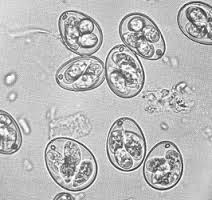 You’ll need to disinfect your dogs’ living area so that they don’t get re-infected after treatment. Ask your vet to recommend a safe disinfectant that is effective against coccidia spores and not harmful to dogs.
You’ll need to disinfect your dogs’ living area so that they don’t get re-infected after treatment. Ask your vet to recommend a safe disinfectant that is effective against coccidia spores and not harmful to dogs.

